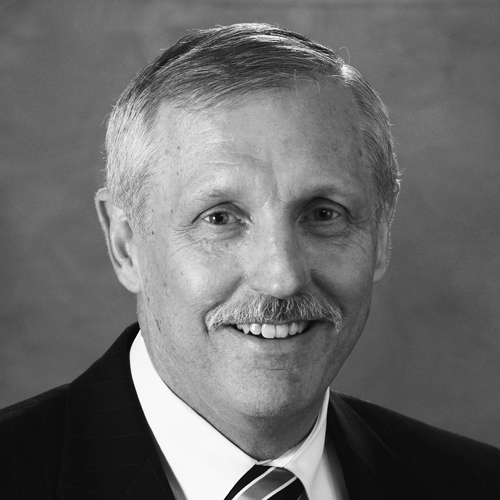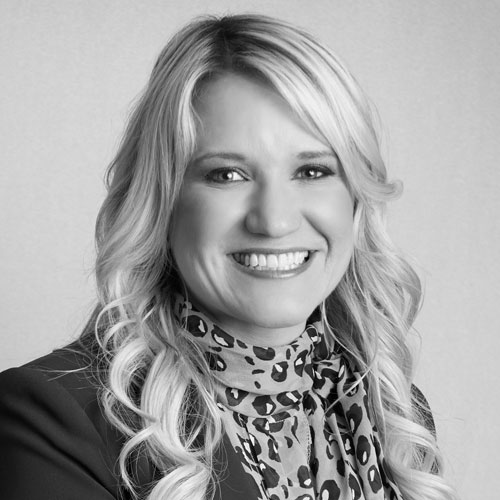When Dana Henderson joined Experian Health as associate general counsel in 2014, the organization had just completed the acquisition and integration of a number of start-ups. As a result, it was well-positioned to address customer needs and changing priorities in the healthcare industry. With those hurdles cleared, Henderson saw an opportunity to begin developing the company’s extensive intellectual property portfolio.
A subdivision of leading global information services company Experian, Experian Health offers world-class revenue cycle products that are used in more than 60 percent of US hospitals and healthcare organizations. Prior to Henderson joining the organization, however, the massive growth presented some new challenges. “The start-ups came in with more entrepreneurial mind-sets, so patent filings weren’t necessarily their focus,” Henderson explains. “Now that they are part of Experian, we can develop the patent program and prioritize protecting innovation.”
Henderson and the legal department began the push by offering education programs for developers, coders, and any other staff involved on the innovation side of the business. Henderson and her team focused on patent law, eligibility, time lines, processes, and requirements of the US Patent and Trademark Office (USPTO). They also had to recalibrate individuals’ perspectives on their own projects.
“It’s surprising how many inventors are so humble that they don’t think of their work as being unique enough for patent protection,” Henderson says. “We encourage them to reach out to us if they think there’s even a possibility that a new project might be patentable.”
Acting as the legal department point person for the patent program, she maintains an open door policy for answering questions and offering opinions on new innovations. Additionally, Henderson works closely with the VP of new product development, who helps to ensure that no new technology eligible for patent protection falls through the cracks.
“It’s surprising how many inventors are so humble that they don’t think of their work as being unique enough for patent protection.”
Henderson was also instrumental in developing a formal internal patent application process. It includes an easy-to-follow format for submitting ideas or products for consideration. If the application appears valid, submissions are reviewed further by internal experts that can include the chief technology officer, business unit owners, chief marketing officer, business developers, product owners, and outside counsel like Merchant and Gould, among others, depending on the technology and expertise required.
“We take a conservative approach to filing patents,” Henderson explains. “We have very open and comprehensive discussions about how unique an idea really is, its usefulness in terms of industry trends, and recent Supreme Court decisions that might invalidate an application.”
The process has been very successful since it was launched in the 2016 fiscal year, and it has tripled the number of patent applications filed by the company. Without the new program in place, some items might not have been tapped for their patent value. For example, a new, flexible postacute care coordination technology that facilitates sharing necessary clinical information has become part of the foundation of the company’s Care Coordination Manager product. An internal encryption technology has also been patented that can be applied across numerous product lines to help comply with customers’ security concerns and HIPAA regulations and to help manage other protected health information.
The wholehearted support of top-level Experian management has helped the program and the overall patent initiative succeed. In addition to bonuses for patent filings and patents that are issued by USPTO, company-wide recognition and celebration of those successes have become part of the company culture.
“Filing a patent is something to be proud of and deserves acknowledgment,” Henderson says. “Besides being the right thing to do, it drives innovation, and in our market, that’s crucial to continued success.”
At the company’s annual innovation awards event, Experian’s North America executive leadership awarded Experian Health the Vertical Markets Patent of the Year, Vertical Markets Idea of the Year, and Experian North America Patent of the Year.
Henderson has supported the celebration of technology by helping to create the company’s first hackathon, which was held the day before its annual Tech Connections event. In the fall of 2016, five teams submitted solutions to one of two prompts: “What development can you code to augment and improve an existing Experian Health product or service?” or “What consumer engagement idea can you code to improve a patient’s experience at a hospital or physician’s office?” All five resulting hacks were approved for further development, and the company now plans to hold at least two hackathons annually.
Henderson believes that much of her own professional success can be attributed to strong female mentors throughout her education and career. With that in mind, she has worked with other staff to establish the Women in Experian Health initiative. Launched at the end of 2016, the program focuses on leadership development and increasing communication and networking among participants across the company’s many departments and locations.
“I want to create an environment that supports more women leading development initiatives and more women’s names being listed on patent applications,” Henderson says. “In fact, I’d like to see a 100 percent increase on those applications. With the level of departmental and executive support we have, I think that’s a completely realistic goal.”


